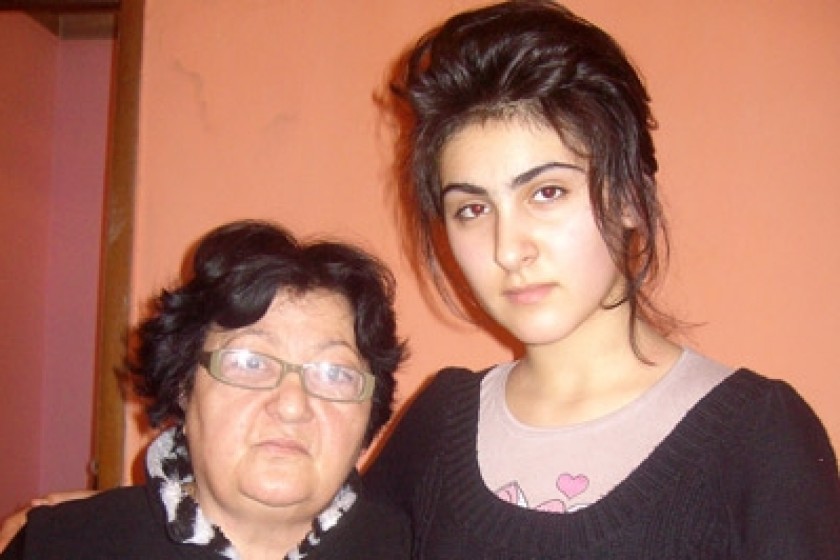Originally posted by londontsi
View Post
Having had to wade threw chest high shxt, striving to get to knee deep shxt on my way to getting out of shxt, I can tell you of my satisfaction of arriving at the knee deep level and how it inspired me to keep driving towards the ankle deep level.
When I got to the ankle deep level, I thought to myself -- your heading in the right direction -- keep trucking.
Artashes





Leave a comment: